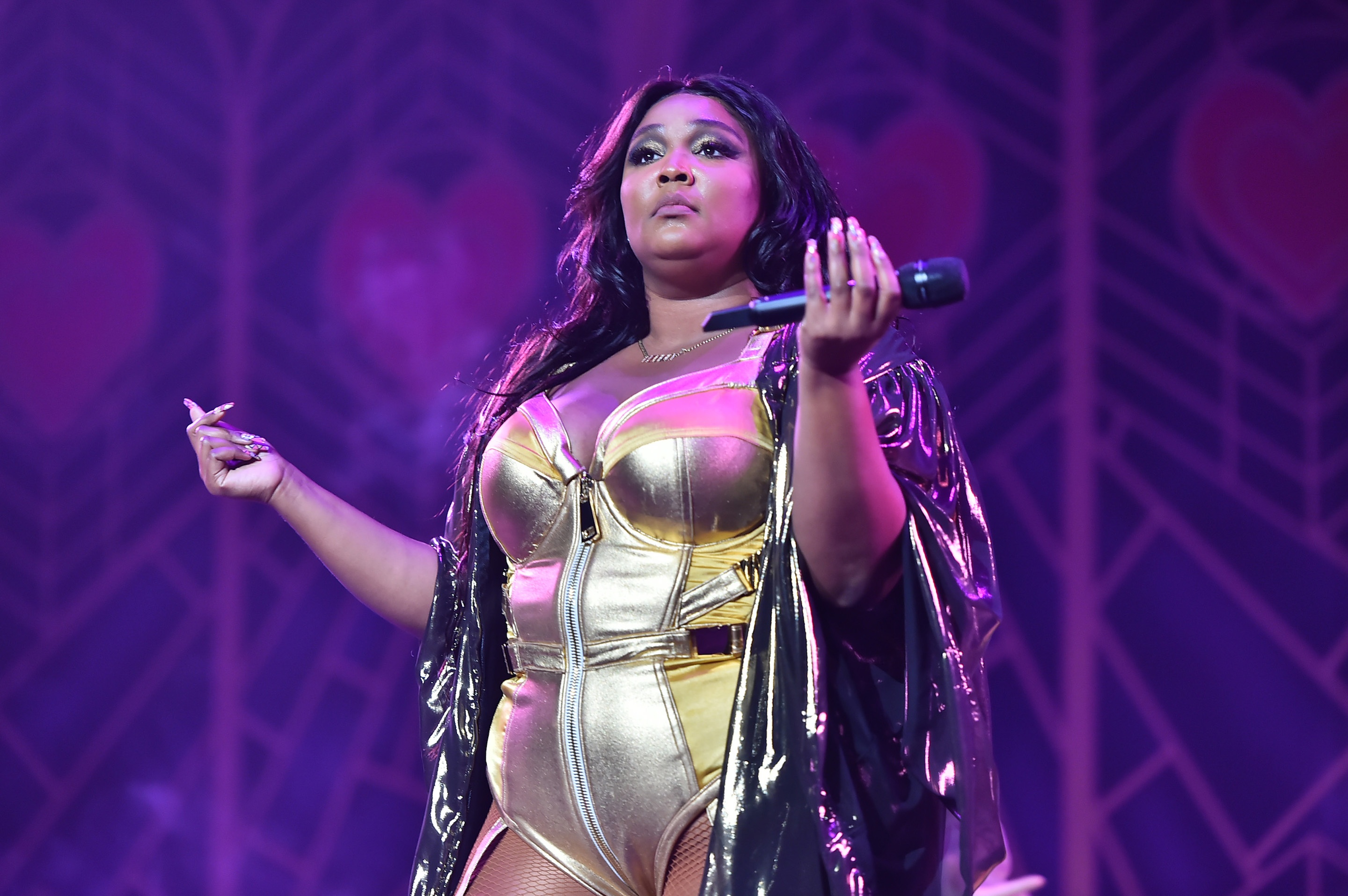Charlotte Smith delves into Grammy controversy and how nominations should be determined. And the Grammy doesn’t go to…
The return of Lizzo in 2019 has brought with it passion, surprise collaborations and great music, as well as an unquenchable wave of controversy starting with her Grammy nomination. Billboard announced this July that Lizzo’s bestselling single ‘Truth Hurts’ will be eligible for a Grammy nomination two years after its original release in September 2017. Initially, this sparked the question regarding whether it’s ethical for older songs to take the position of a more recent song, as well as whether the popularity of song was enough for a Grammy nomination. Traditionally, the Grammy’s have claimed that for a song to be nominated it did not necessarily have to have found success among the mainstream audience. However, this provokes the question, ‘why wasn’t Lizzo’s ‘Truth Hurts’ nominated two years ago when it was released?’
The single has undeniably ‘blown up’ over the past few months, suggesting that this is the reason for its eligibility, however the song is surely no better now than it was on its release? Alternatively, does this suggest that a song, as it matures, can actually improve as it resonates more with a trend or period of music, thus encouraging debates as to what defines its ‘value’ or ‘canonicity’. What makes a song ‘eligible’ for a Grammy? This is an age-old debate, which began to surface earlier this year when, following his death, Mac Miller’s Swimming album lost out to Cardi B’s Invasion of Privacy for ‘Best Album.’ Many critics considered Swimming Miller’s best album yet and undeniably deserving of the award, particularly as it will live on as his last work. Therefore, there was a widespread consensus that Cardi B won the award due to the explosive popularity of her album which led to her winning. Thus, the emergence of the Lizzo controversy has led to the resurfacing of the conversation of value, deserving and popularity among Grammy nominations.
To earn a nomination, the Grammy’s have a committee of around 21,000 members who decide whether the musician or piece has been ‘monumental’ in whatever they consider the sense of the word; supposedly, this prevents the elitism of a public vote which results in the most popular songs dominating the lesser known genres or artists. However, more often than not the ‘monumental’ song or album of the year is considered by many the one which caused the most ‘fuss’ as this suggests it transcended some barrier or contained some individuality. Therefore, by coincidence or deliberate decision the albums which end up winning are generally the most successful, making it incredibly difficult to decipher whether they deserve it or whether the win was directly coordinated with the album’s success.
The controversy following Lizzo throughout the year escalated further when in October, a pair of singer songwriter brothers Justin and Jeremiah Raisen publicly claimed via an article in the New York Times that the song ‘Truth Hurts’ used a line from their song in the exact same manner in which they had in their song ‘Healthy’. The line, ‘I just took a DNA test, turns out I’m 100% that bitch’. is not only a key lyric in the song, but has become almost a slogan for Lizzo’s brand. Therefore, the brothers consider it a more serious form of plagiarism due to the relevance of the line in her branding. Again, this is not something which is new to the music industry, as copyright claims have been spreading between artists for a while, perhaps one of the most famous being Radiohead and their controversy over the origins of their most successful single ‘Creep’. However, what makes this case stand out is the fact that Lizzo claims to have found the line in a meme on Tumblr and has actually credited another artist with the origin of the line – Mina Lioness. Therefore, Lizzo is not claiming the content to be her original idea, however she is denying any recollection of the Raisen brothers’ song. In the digital age of the 21st Century, it is becoming increasingly difficult to isolate the source of a riff, melody or lyric, thus raising the question of whether copyright laws should be restricted or altered due to the development and extensivity of music. If so, what could be altered to ensure artists are given the credit they deserve, yet others aren’t afraid to release new music for fear of receiving a lawsuit?
The re-emergence of Lizzo has brought to the surface some serious issues within the music industry as a whole, however the album is an incredible entrance back into the music scene and should be taken as such outside of the controversies surrounding it.
Header Image: Getty Images

